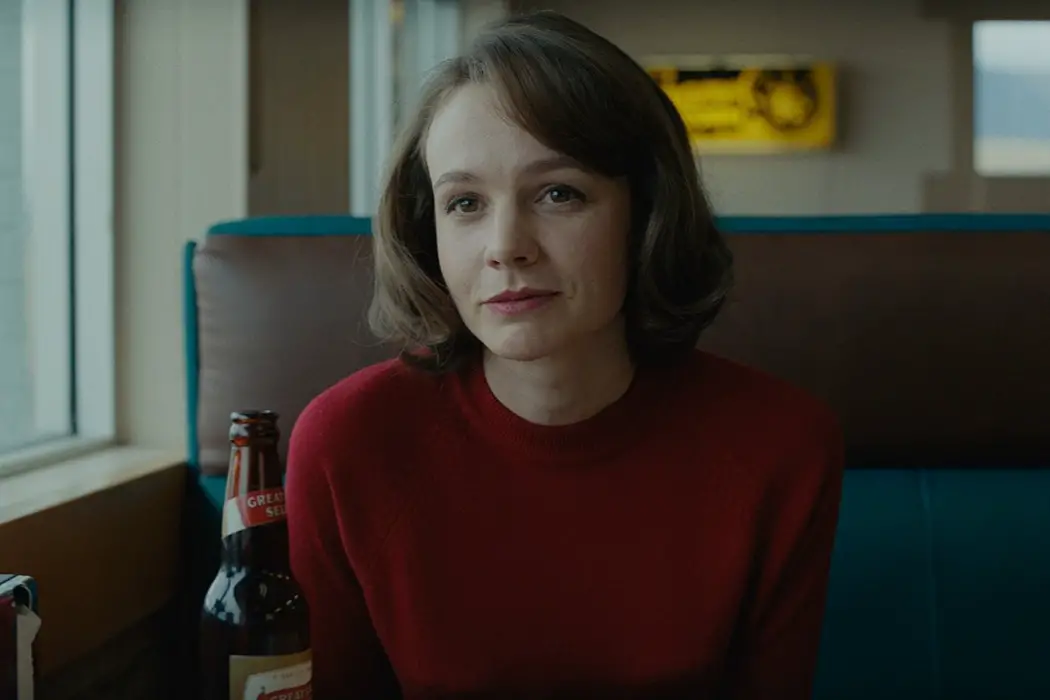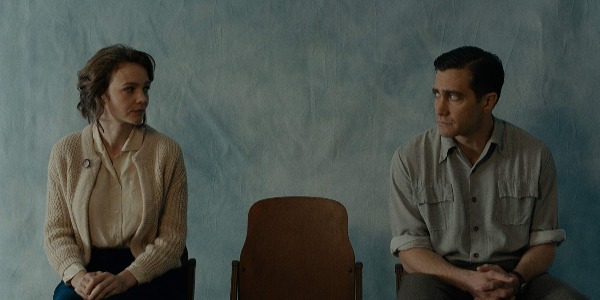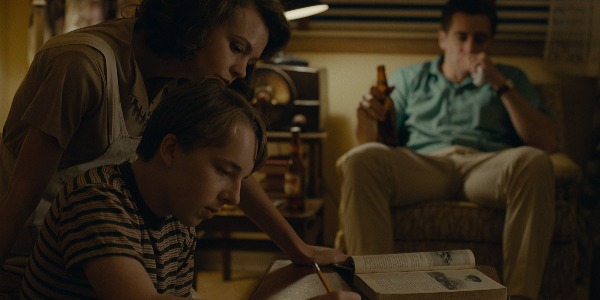WILDLIFE: Paul Dano’s Directorial Debut Is A Quiet Stunner

Alistair is a 25 year old writer based in Cambridge.…
The characters played by Paul Dano are often written off as broken, dysfunctional sociopaths – uneasy character archetypes that he embeds with a certain menace by paradoxically accentuating their most childlike traits. Dano, unlike other actors who specialise in villainy like Ben Mendelsohn or Mark Strong, has managed to repeatedly play characters along these lines without ever becoming typecast.
There’s an effective, haunting vulnerability to all his performances that leaves characters as different as his alleged child murderer in Denis Villeneuve‘s Prisoners and his portrayal of Pet Sounds-era Brian Wilson in Love and Mercy, which feel cut from the same cloth; he gravitates towards damaged characters, with his empathetic performances feeling of a piece with his numerous villainous roles because of it. Uncomplicated protagonists are something he is remarkably, and refreshingly, unwilling to become acquainted with.
A beautiful portrait of a broken family
Dano doesn’t appear in Wildlife, but his directorial debut showcases his prior occupation with dysfunctional characters, in this case a deteriorating family unit straining to hold itself together. Based on Richard Ford‘s novel and co-written alongside his long term partner, the actress Zoe Kazan, Wildlife effectively examines the direct impact economic constraints have on a contented family life.
It’s a period piece, yet the way Dano vividly captures small town Americana echoes to the modern world, where families still face the struggle to provide despite being in full time work. It’s like the work of a moral dramatist like Asghar Farhadi, transplanted to one of rural America’s many “forgotten towns”, as we see a family torn between financially holding itself together and maintaining their sacred emotional bond.

The film is set in Montana in 1960. The Brinson family have moved there not long before, after Jerry (Jake Gyllenhaal) got a job working at an esteemed golf club. His wife Jeanette (Carey Mulligan) is becoming increasingly alienated – she is still yet to make friends in this new town, and is beginning to reevaluate the life choices that led her to become a mother at 20, and a long-suffering housewife by 34. Jerry and Jeanette’s son Joe (Ed Oxenbould) is equally struggling to fit in, finding it difficult to make friends after being forced to take football practice, a sport he has little to no interest in.
After getting laid off from the job that prompted the family to move in the first place, Jerry hastily volunteers to join the teams putting out a wildfire in the mountains, a life risking mission that pays only a dollar an hour, but one which Jerry is inexplicably eager to leave his family behind to participate in. This leads Jeanette to search for work on her own, looking after a teenage son who becomes increasingly passive as he realises her deep dissatisfaction with life, and sudden infatuation with an older businessman (Bill Camp) elsewhere in town.
By Oxenbould‘s own admission, his character retains a near wordless presence – he is, after all, a teenage boy struggling to define his own identity at a time when his parents are open about how miserable the unintended paths in their respective lives have made them. And yet what makes his performance (effectively the audience surrogate role, observing the domestic dramas that unfurl with a silent distress) so impressive is how he makes every little gesture count. His unassuming presence is keenly felt throughout every frame, the family unit’s slow destruction all the more harrowing knowing that this shy, emotionally inarticulate boy is bearing witness to all of it.
The stereotypical American family, circa 1960
Joe’s father, like Jay Gatsby struck to the green light on the river opposite his house, is trying to paper over the lack of emotional communication with his wife by chasing the pipe dream of putting out a wildfire – all while knowing it will keep him away from his family, and will do little to help provide for them. This was, of course, a period where men were expected to “be a man”, to hide any insecurities and refuse to open up about their feelings.
Instead of coming to terms with losing his job (and refusing to take it back when offered his way), he furthers the gulf between himself and his wife by taking on a stereotypically masculine role to reassert some semblance of being the “man of the house” at a time when he believes his wife is undermining him by looking for work of her own.

What is most interesting about this cycle is that, when Gyllenhaal‘s character disappears for the bulk of the second act, Dano and Kazan resist any concessions to modern audiences by refusing to make Mulligan‘s character an anachronistic feminist presence. She searches for work, but eventually resigns herself into sleeping with another man in the hope that he’ll be able to provide where her husband can’t – this doesn’t inspire a spark of passion long missing from her life. Instead, it’s just a continuation of her domesticated misery, reminiscing about her younger days and all but openly questioning why she settled down to start a family at such a young age, now fully aware of the discontentment it would eventually bring.
Mulligan is a fantastic actress, and here gives her best performance since Steve McQueen‘s Shame – the role has echoes of Blanche Dubois, but transplanted up north near the Canadian border. Of course, Jeanette is a significantly younger character, and still has a family unit just about intact when we meet her. Yet the way in which she falls into an affair following a period of economic anxiety feels cut from the same cloth – as do her many monologues, here to a silently horrified son where she reminisces about her youth, all but asking him to imagine how her life would have turned out were he not to have been born.
Wildlife is driven by its performances, in the same manner that you’d expect from any first time actor turned director. But that isn’t to say that it succeeds solely as an actor’s showcase, as Dano manages to vividly depict the rural America of the period; cinematographer Diego García (who previously captured the mystical wonders of rural Thailand for Apichatpong Weerasethakul‘s Cemetery of Splendour) captures this forgotten town with a rustic, picture postcard feel.
He contrasts the down to earth wonder of the surrounding countryside plains and the evocative sight of a raging forest fire with the dull, dreary suburbia; a neighbourhood in the midst of endless stunning countryside views that looks like it could have been transplanted to any nowhere town in the country.
Wildlife: Conclusion
Dano is a fantastic actor, and he’s an equally impressive director. Wildlife is an assured directorial debut driven by three stellar performances – an intimate period piece with weighty themes about economic insecurity and parental discontentment that continue to resonate to the modern day.
Wildlife is released in the US on October 19, and in the UK on November 9. All international release dates are here.
Does content like this matter to you?
Become a Member and support film journalism. Unlock access to all of Film Inquiry`s great articles. Join a community of like-minded readers who are passionate about cinema - get access to our private members Network, give back to independent filmmakers, and more.
Alistair is a 25 year old writer based in Cambridge. He has been writing about film since the start of 2014, and in addition to Film Inquiry, regularly contributes to Gay Essential and The Digital Fix, with additional bylines in Film Stories, the BFI and Vague Visages. Because of his work for Film Inquiry, he is a recognised member of GALECA, the Gay & Lesbian Entertainment Critics' Association.













